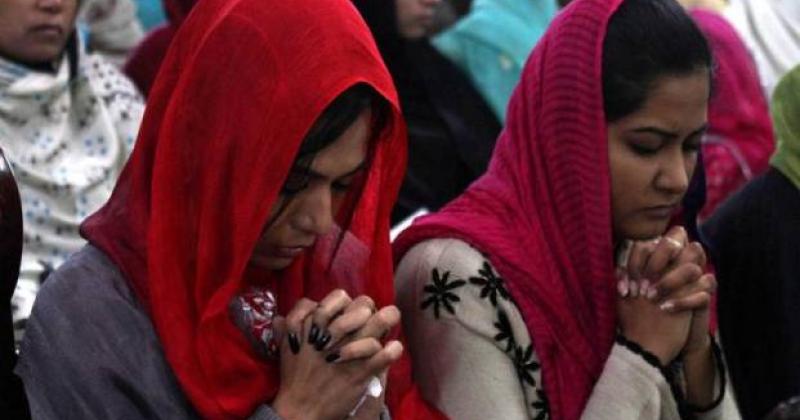The Supreme Court will only issue a judgement on procedure and can cancel the previous verdict. In April, the defence will file a petition to examine the case.
The ordeal of Asia Bibi, the Christian woman sentenced to death for blasphemy, is far from over. Judging by the current stage in proceedings – her death sentence was confirmed by the court of appeals in October 2014 and the case was passed on to the Supreme Court – all Asia can realistically hope for now in the best case scenario, is a new trial, conducted according to the principles of justice and transparency, with an appropriate and in-depth investigation.
Joseph Nadeem - director of Lahore’s Renaissance Education Foundation, which is currently providing legal assistance to Asia and support to her family – told Vatican Insider that the Pakistani Supreme Court, which is the final court of appeal, only has the power to cancel the court of appeal’s verdict and rule for the case to be heard again by a judge. “The Supreme Court judiciary cannot investigate into the case but can only rule on the legitimacy of the procedure followed. The Supreme Court will limit itself to verifying the correct application of the substantive and procedural law, ignoring questions of fact.” So Asia cannot hope for an imminent release but at most for a new trial.
Nadeem said that the Muslim lawyer, Saiful Malook, is currently in charge of Asia Bibi’s defence. He is preparing the guidelines and is focusing on trying to demonstrate that the trial was manipulated and marred by irregularities. Starting from the fact that Asia did not have a lawyer at the beginning and the reliability of the prosecution witnesses was not looked into properly. These witnesses played a decisive role in Asia’s conviction: in the initial trial they were not even counter-interrogated.
According to current procedures for Supreme Court appeals, at least six months need to pass from the moment a verdict is passed until the Supreme Court is asked to hear a case. The defence will present the case this coming April and will then wait for a hearing to be scheduled.
Only if the appeal is rejected will Asia be able to ask for a presidential pardon. “But it is highly unlikely that a Muslim head of state in a Muslim country like Pakistan will have the courage to grant a pardon, a “state pardon” in such a delicate and symbolic case as Asia Bibi’s,” Nadeem said from a realistic point of view.
Disagreements have even emerged within the Muslim world regarding the subject of “forgiveness” in blasphemy cases. One case which sparked a massive debate was the pardon granted to Muslim singer Junaid Jamshed whose music video – which ridiculed the prophet Muhammad’s wife – Aisha, went viral on the net. Jamshed was accused of blasphemy and issued a public apology, breaking into tears as he begged for forgiveness with clasped hands, saying that “only prophets do not make mistakes, everyone else has made mistakes.”
“The fact that he has been forgiven itself shows the hypocrisy of the proponents of this law. They are not in a forgiving mood when it comes to the weak and marginalized who are often accused falsely,” aid Yasser Latif Hamdani, a Pakistan-based Muslim lawyer and writer.
Many commentators wondered whether the same principle of a pardon, of forgiveness, could be extended to non-Muslims, like Asia Bibi. Also because, according to universal juridical principles that are also accepted by Islamic law, there are two parts to a criminal act: the act (“matter in question”) and the intention (“mens rea”). It is the bad intention that gives significance to any act. Even in the case of “blasphemy”, in order to incriminate someone, you would have to prove they acted in bad faith: this is very clearly illustrated by a sentence from 1990, passed by the Federal Shariat Court, one of Pakistan’s Islamic courts.
Nadeem reminded Vatican Insider of the words Asia Bibi pronounced when she got down on her knees to beg her jailers for mercy before she was arrested: “If I have erred, please forgive me. Do not treat me unfairly, do not accuse me for no reason. I never said anything against the Prophet, I deeply respect him.” These cries went unheard. Asia’s destiny had already been written.
